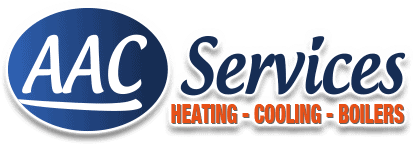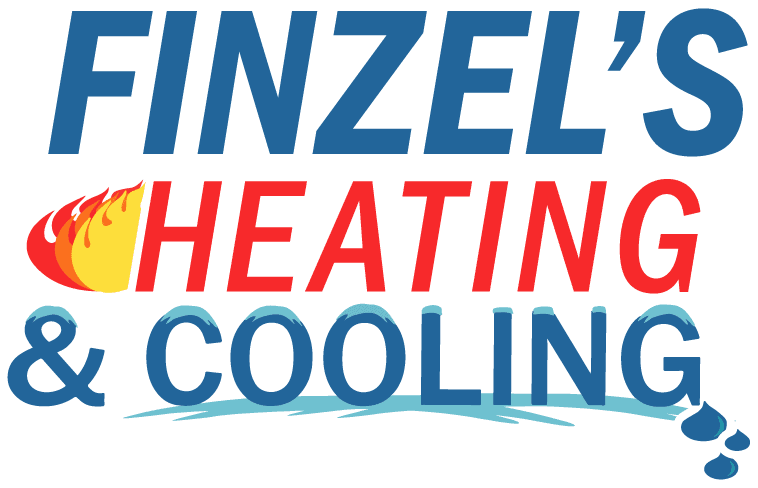AAC

Finzel has merged with AAC Services to bring you even better service!
As a local HVAC company – AAC Services has been serving Metro Detroit with professional heating & cooling services since 1992. Founded on hard work & a dedication to quality service, we have successfully earned our customers’ trust over the years. Our goal is to keep you warm in the winter, cool in the summer, and comfortable & safe all year long. AAC Services employs a highly trained technical staff that has years of experience installing & servicing all types of heating & cooling systems. When you require HVAC installation, repairs, or maintenance, please be assured that you will be getting the highest level of service & parts from the professionals at AAC Services.
